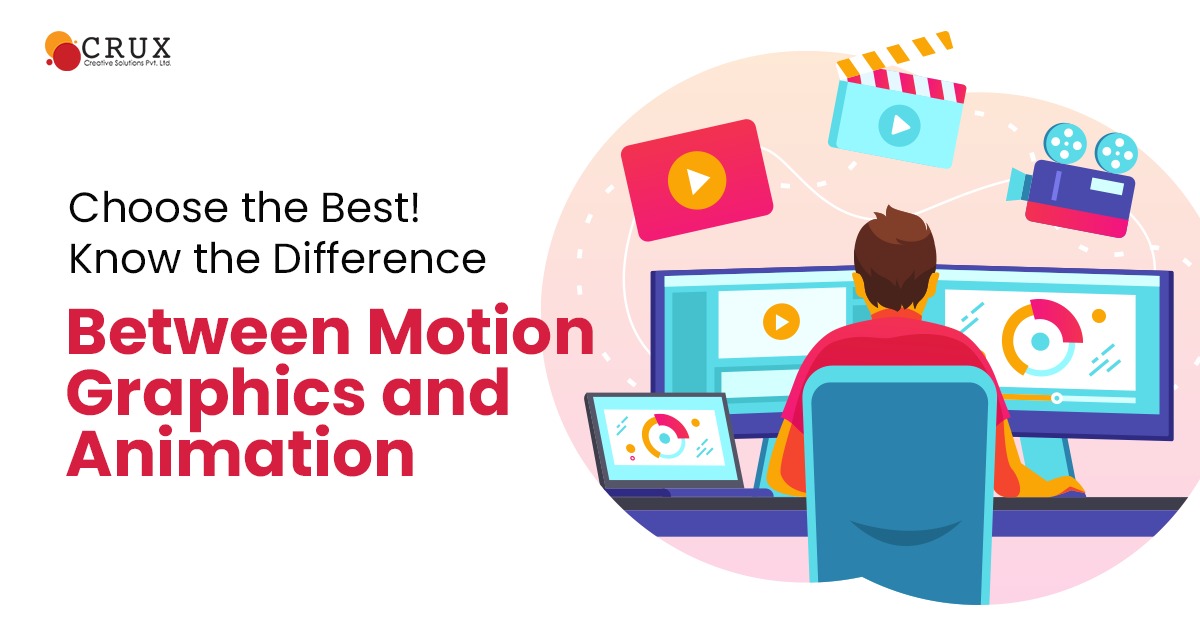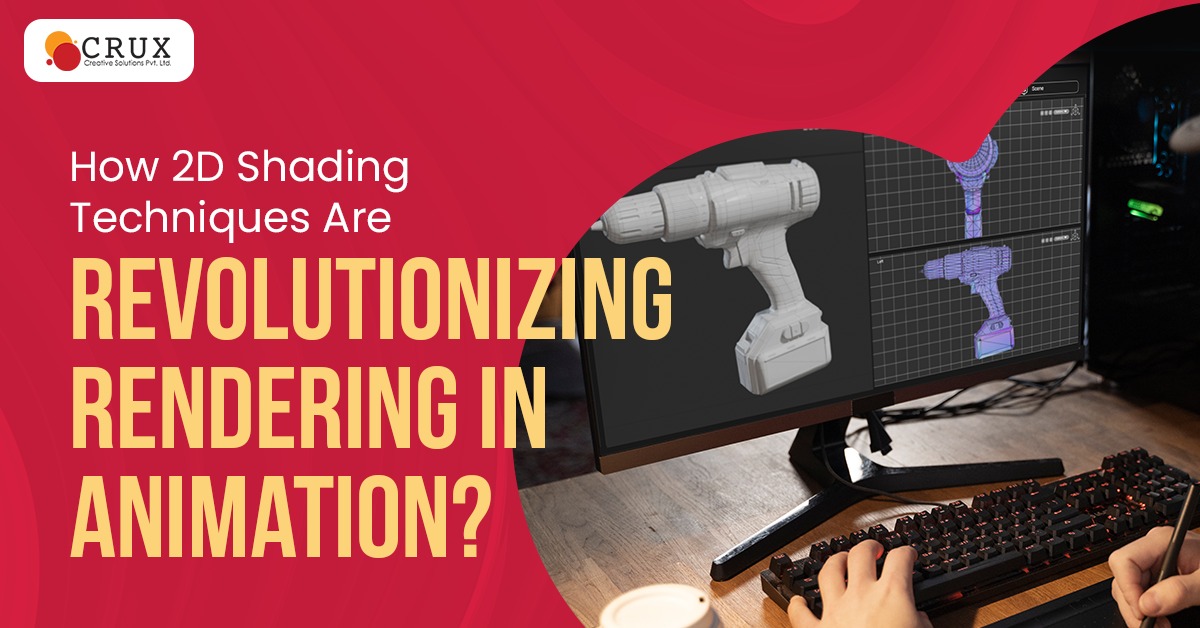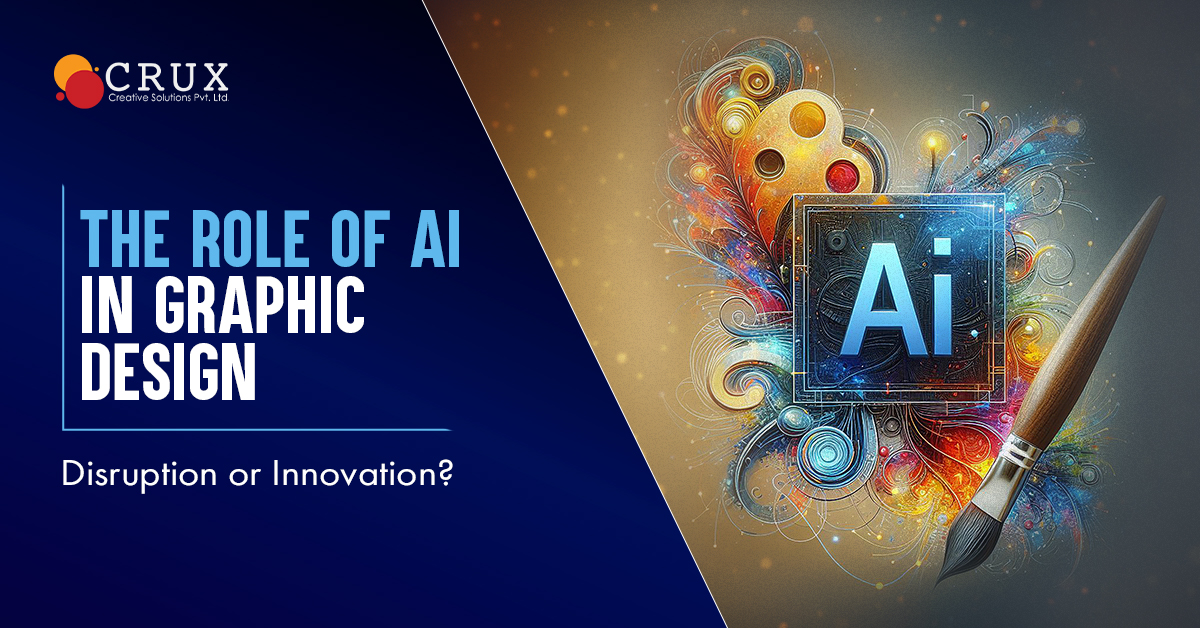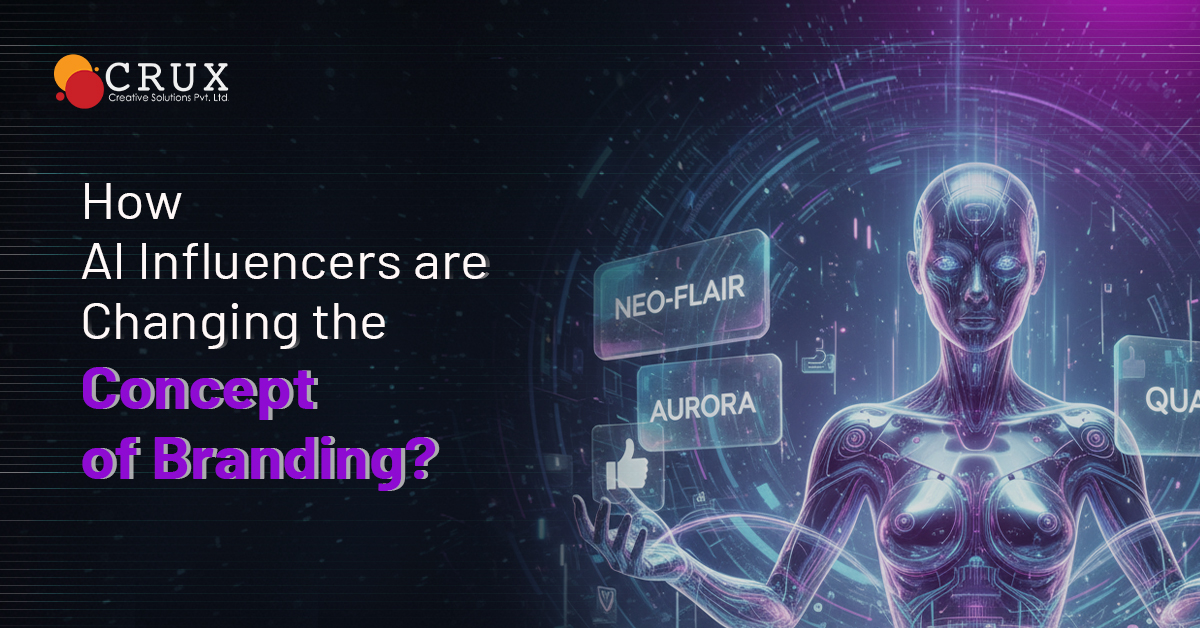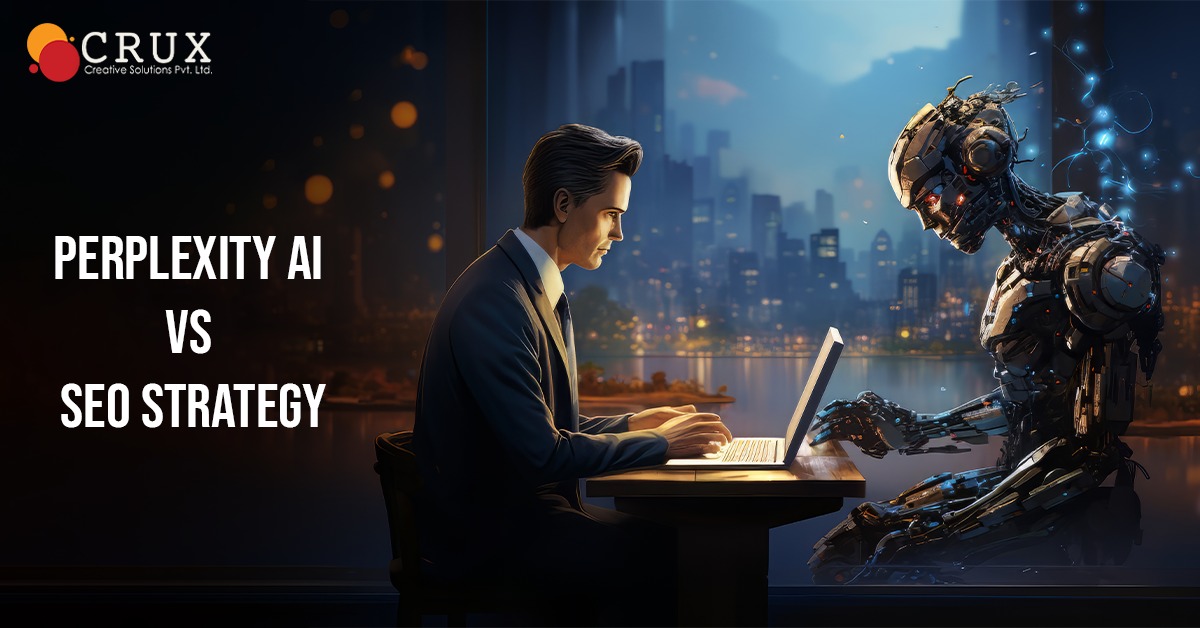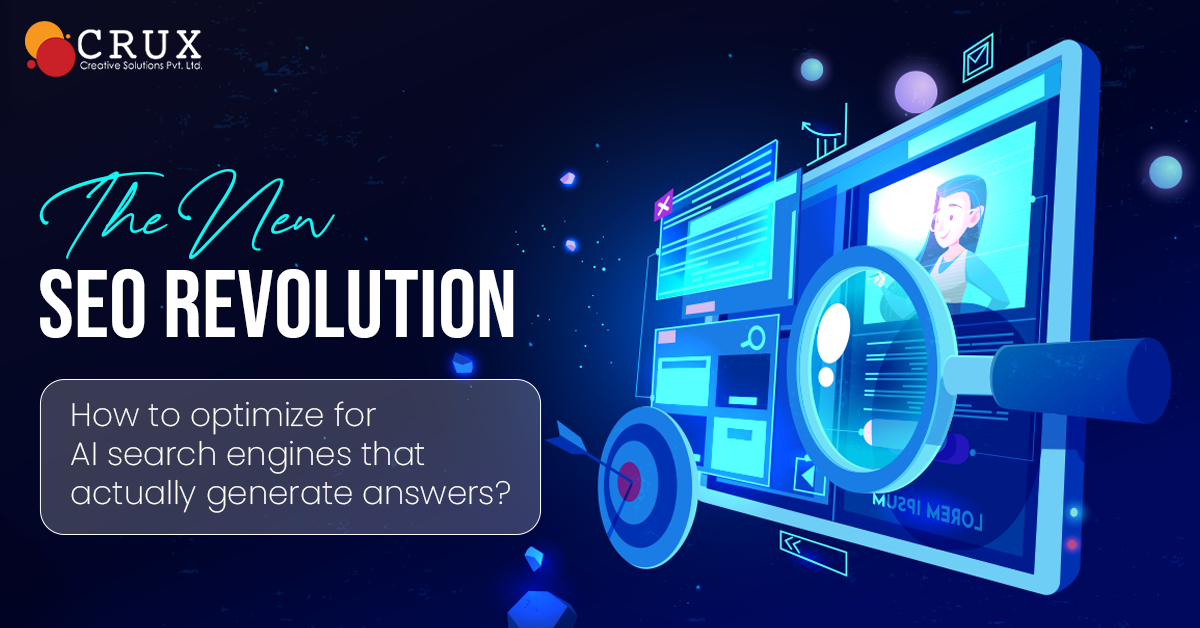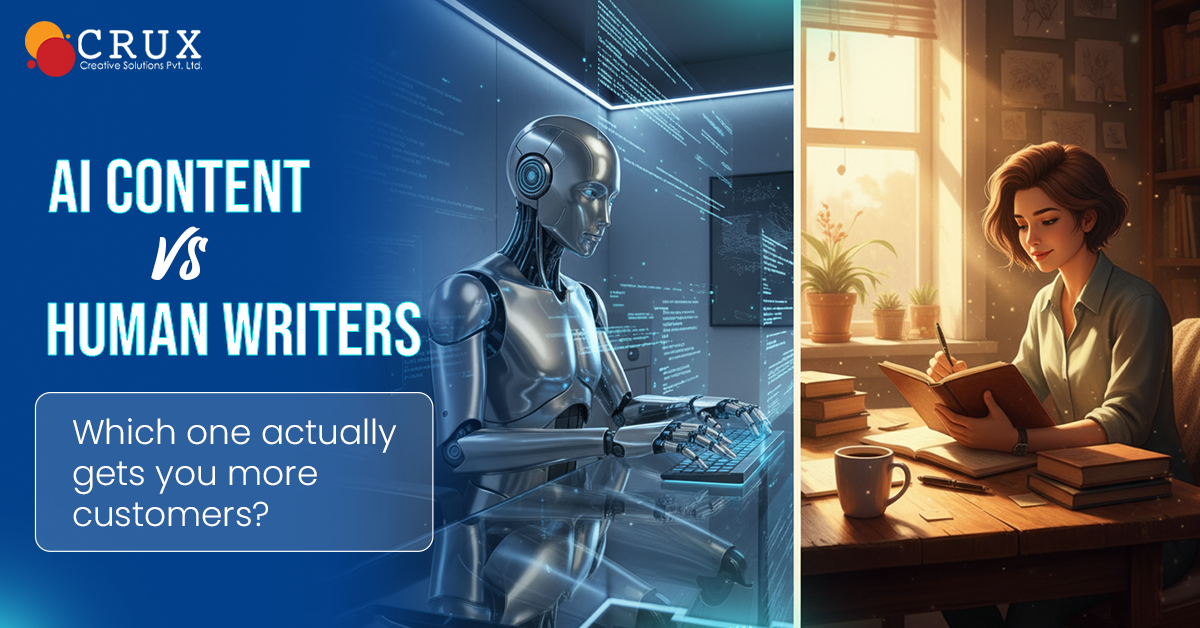
How AI is Transforming SEO: Benefits and Tools for Marketers?
Your website isn't ranking. Despite publishing content regularly, optimizing meta tags, and building backlinks, you're stuck on page three of Google's search results. Your competitors seem to be everywhere, while your carefully crafted pages remain invisible to your target audience. The frustration is real, and you're not alone.
Every day, search algorithms become more complex. User behavior shifts constantly. The volume of content being published online grows exponentially. Traditional SEO methods that worked perfectly well two years ago barely move the needle today. Keeping up feels like running on a treadmill that's constantly speeding up, and falling behind means losing potential customers to competitors who've figured out the new rules of the game.
Enter artificial intelligence—the game-changer that's revolutionizing how marketers approach search engine optimization. AI isn't just another buzzword or passing trend. It's fundamentally transforming how we research keywords, create content, analyze data, and connect with our audiences. By leveraging AI-powered tools and strategies, marketers are achieving results that seemed impossible just a few years ago, turning SEO from a frustrating guessing game into a predictable, data-driven science.
The Fundamental Shift: Why Traditional SEO Methods No Longer Work Alone
Search engines have evolved dramatically. Google now processes queries using sophisticated neural networks that understand context, intent, and nuance in ways that simple keyword matching never could. When someone searches for "best running shoes," Google doesn't just look for pages containing those exact words anymore. It understands whether the user wants to buy shoes, read reviews, learn about shoe technology, or find shoes for a specific purpose.
This evolution means marketers need new approaches. The old playbook of keyword density, exact-match anchor texts, and generic content optimization simply doesn't cut it anymore. Search engines reward websites that truly understand and serve user intent, and that's where ai seo optimization becomes indispensable.
Modern AI systems can process millions of data points simultaneously. They identify patterns humans would never notice. They predict trends before they become obvious. Most importantly, they help marketers create strategies that align perfectly with how search engines actually evaluate and rank content today.
How Artificial Intelligence Is Revolutionizing Keyword Research and Analysis
Remember spending hours brainstorming keyword variations and manually checking search volumes? Those days are fading fast. AI has transformed keyword research from a tedious manual process into an intelligent, automated workflow that uncovers opportunities you'd never find on your own.
Machine learning algorithms now analyze search patterns across millions of queries. They identify semantic relationships between terms, understand how users phrase questions naturally, and predict which keywords will drive the most valuable traffic to your site. Instead of treating keywords as isolated terms, AI understands them as part of interconnected topic clusters.
The depth of insight is remarkable. AI-powered platforms can tell you not just how many people search for a term, but what they're really looking for when they use it. Are they ready to buy? Are they still researching options? Do they want quick answers or comprehensive guides? This level of understanding transforms how you approach content creation entirely.
Furthermore, AI excels at uncovering long-tail keyword opportunities that competitors overlook. These specific, often question-based phrases might have lower search volumes individually, but collectively they drive substantial, highly targeted traffic. The beauty is that they're often easier to rank for because competition is lower.
Creating Content That Actually Ranks: The AI Advantage
Content creation has always been at the heart of SEO, but AI is changing what "good content" actually means. It's not just about writing well anymore—it's about creating content that perfectly aligns with search intent, covers topics comprehensively, and provides genuine value that keeps users engaged.
Seo ai tools can analyze top-ranking content for any keyword and identify exactly what makes those pages successful. They examine content structure, topic coverage, reading level, multimedia usage, and dozens of other factors. Then they provide specific recommendations for your own content, highlighting gaps you need to fill and areas where you can differentiate yourself from competitors.
Some AI platforms generate content outlines based on what's currently ranking. Others suggest specific subtopics you should cover, questions you should answer, and related concepts you should include. A few can even generate initial drafts, though human oversight and refinement remain essential for quality and authenticity.
The real power comes from optimization. AI tools can analyze your existing content and suggest specific improvements. Maybe your introduction needs to better match search intent. Perhaps your subheadings could incorporate more relevant semantic keywords. Or maybe adding a specific section would make your content more comprehensive than competitors'. These actionable insights transform decent content into ranking powerhouses.
Speed matters too. What once took days of manual analysis and optimization now happens in minutes. This efficiency allows you to produce more high-quality content, test different approaches, and iterate based on performance data—all without burning out your team.
Understanding User Intent with Machine Learning Precision
User intent is everything in modern SEO. Search engines prioritize pages that best satisfy what users are actually looking for, not just pages that contain certain keywords. AI excels at decoding this intent with remarkable accuracy.
Machine learning models analyze countless signals to understand why someone performs a particular search. They consider the query's phrasing, the user's search history, the time of day, the device being used, and numerous other contextual factors. This comprehensive analysis reveals the true motivation behind searches.
There are generally four types of search intent that AI helps identify. Informational searches mean users want to learn something. Navigational searches indicate users are looking for a specific website or page. Transactional searches show users are ready to make a purchase. Commercial investigation searches suggest users are comparing options before buying.
By understanding which intent category your target keywords fall into, you can create content that perfectly matches what users need at that moment. AI tools make this categorization automatic and accurate, eliminating guesswork and helping you align your content strategy with actual user needs.
Top AI SEO Tools That Are Changing the Marketing Landscape
Let's explore specific platforms that exemplify how AI is transforming different aspects of SEO. These tools represent the cutting edge of what's currently possible.
- Surfer SEO analyzes hundreds of ranking factors across top-performing pages for any keyword, then provides specific recommendations for your content. It evaluates everything from keyword density and content structure to readability and topic coverage, offering a comprehensive optimization blueprint.
- Clearscope uses natural language processing to identify related terms and concepts that should appear in your content. It helps ensure your articles cover topics comprehensively while maintaining natural readability, striking the perfect balance between SEO optimization and user experience.
- MarketMuse creates content inventories and identifies gaps in your topic coverage compared to competitors. Its AI analyzes your entire content library, suggesting new topics to create and existing pages to improve, essentially providing a data-driven content strategy.
- Alli AI automates on-page optimization across your entire website. It suggests and can even implement SEO improvements at scale, making it possible to optimize hundreds or thousands of pages without manual intervention on each one.
- Frase combines content research, optimization, and creation in one platform. Its AI analyzes top-ranking content, generates outlines, suggests questions to answer, and optimizes your drafts—streamlining the entire content creation process.
- SEMrush's AI features provide competitor intelligence, keyword research, and site auditing all powered by machine learning. The platform continuously monitors your competitive landscape and alerts you to changes and opportunities.
Working with the best SEO agency in Gurgaon or any specialized SEO partner who understands these AI tools can accelerate your results significantly. Agencies that have mastered AI-driven SEO can implement strategies faster and more effectively than in-house teams still learning the ropes.
Common Mistakes to Avoid When Implementing AI in Your SEO Strategy
While AI offers tremendous benefits, improper implementation can lead to disappointing results or even penalties. Avoiding these common mistakes ensures your AI-driven SEO strategy succeeds.
- Over-relying on AI-generated content without human review is perhaps the biggest mistake. AI can draft content and suggest optimizations, but it can't replace human creativity, expertise, and judgment. Always review and refine AI outputs, adding unique insights, personality, and brand voice that only humans can provide.
- Ignoring the why behind AI recommendations leads to blind execution without understanding. When an AI tool suggests a change, understand the reasoning. This knowledge helps you make better decisions about which recommendations to implement and how to apply similar logic to other areas.
- Choosing tools based on features rather than needs wastes budget and creates complexity. The most feature-rich platform isn't necessarily the best for your situation. Identify your specific challenges first, then select tools that address those particular needs effectively.
- Neglecting data quality undermines everything. AI tools are only as good as the data they analyze. Ensure your analytics tracking is properly configured, your website data is accurate, and you're feeding quality information into your AI systems.
Taking Action: Your First Steps Toward AI-Powered SEO Success
Ready to transform your SEO with AI? Here's how to start your journey, regardless of your current situation or experience level.
Begin with education. Spend time understanding what AI can and cannot do for SEO. Read case studies, watch tutorials, and attend webinars about AI-powered SEO tools. This foundation prevents costly mistakes and helps you make informed decisions about tools and strategies.
Audit your current performance comprehensively. Use AI-powered audit tools to understand exactly where you stand. What are your biggest opportunities? What technical issues need addressing? Which content pieces are underperforming? This clarity focuses your initial AI implementation on areas with the highest potential impact.
Start small with one or two tools that address your most pressing needs. Don't try to implement every AI tool simultaneously. Choose platforms that solve specific problems you're facing, master those tools, see results, then expand your AI toolkit gradually.
Set realistic expectations and timelines. AI accelerates results but doesn't deliver miracles overnight. SEO still requires consistent effort over months to show significant results. AI makes that effort more effective and efficient, but it doesn't eliminate the need for sustained commitment.
Measure everything obsessively. Track how AI implementation affects your key metrics. Which AI-driven changes produced the best results? Which tools delivered the best ROI? This data guides your continued AI adoption and justifies additional investment in AI-powered SEO.
Making the Choice: Building Internal Capabilities vs. Partnering with Experts
Every business faces the build-versus-buy decision when it comes to AI-powered SEO. Should you develop internal capabilities or partner with agencies that already have expertise?
Building internal capabilities gives you complete control and develops institutional knowledge within your organization. Your team understands your brand, products, and customers intimately. They can make decisions quickly without external coordination. However, building this capability requires significant investment in hiring, training, and tools. You'll also face a learning curve while your team masters AI-powered SEO.
Partnering with expert agencies provides immediate access to specialized knowledge and proven processes. Agencies work with multiple clients across industries, giving them broader perspective on what works. They've already made the tool investments and trained their teams. The best agencies combine this expertise with AI tools to deliver results faster than most in-house teams can achieve alone.
Many businesses find hybrid approaches work best. They maintain internal teams for strategy and brand-level decisions while partnering with agencies for specialized execution, particularly when exploring new AI tools or tactics.
The Bottom Line: AI as Your Competitive Advantage in SEO
The integration of artificial intelligence into SEO isn't a future possibility—it's today's reality. Marketers who embrace AI-powered tools and strategies are seeing remarkable results: higher rankings, increased traffic, better engagement, and improved conversion rates. Those who resist this transformation risk falling behind competitors who are already leveraging AI's capabilities.
The beauty of AI in SEO is that it democratizes access to sophisticated analysis and optimization. Small teams can now compete with large enterprises because AI tools amplify their capabilities. You don't need massive budgets or huge teams anymore—you need smart tools, solid strategies, and the willingness to adapt.
Start where you are with what you have. Choose one area where AI can help you right now. Maybe it's keyword research for your next content piece. Perhaps it's a technical audit of your website. Or possibly competitor analysis to inform your strategy. Take that first step, learn from the experience, then build from there.
Your competitors are already exploring AI-powered SEO. The question isn't whether to adopt these technologies but how quickly you can implement them effectively. The sooner you start, the sooner you'll see results—and the wider your competitive advantage becomes.





